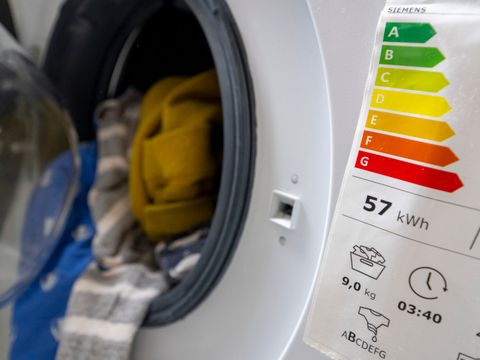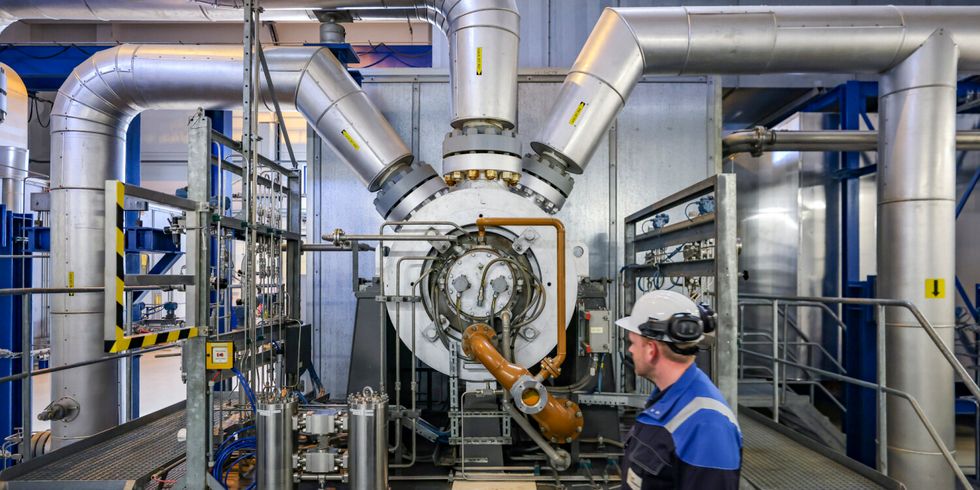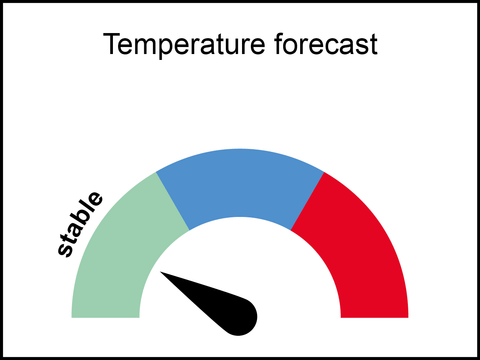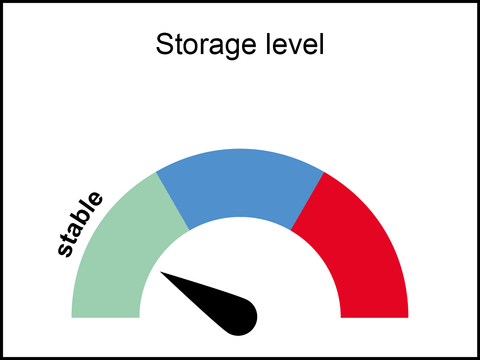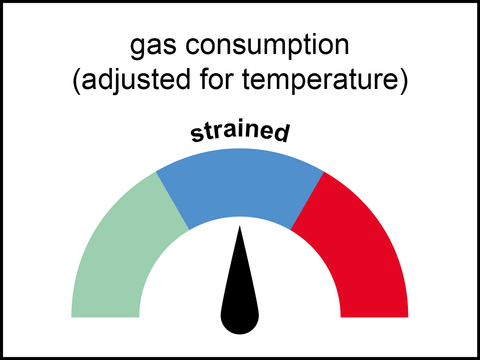According to the Federal Network Agency, the gas supply in Germany is stable and security of supply is guaranteed. The initial situation at the start of the cold months and therefore the heating period was significantly better in the previous year. On the one hand, feed-in options from LNG (liquefied natural gas) plants have been expanded and the lack of gas flows from Russia has been offset by gas supplies from Norway, the Netherlands and Belgium. On the other hand, gas storage levels were at 100.03 per cent at the start of the heating period, which was largely made possible by the savings of around 20 per cent in the previous winter. As a result, Germany entered the colder season with full gas storage facilities, just as it did a year ago).
However, it is still too early to give the all-clear. The alert level of the gas emergency plan, which has been in place since 23 June 2022, remains in place for the time being. A halt to the remaining Russian gas supply to south-eastern Europe would also make it necessary to cover the gas requirements of these countries with supplies from within the EU in the event of a shortage. At the same time, there has to be enough available LNG on the global market, as Germany and Europe are around 40% dependent on liquefied natural gas. Saving gas therefore remains important.
Economical gas consumption is also worthwhile financially in view of the continually rising gas prices: the savings between October 2022 and September 2023 have reduced the costs for an average household by around 440 euros.
